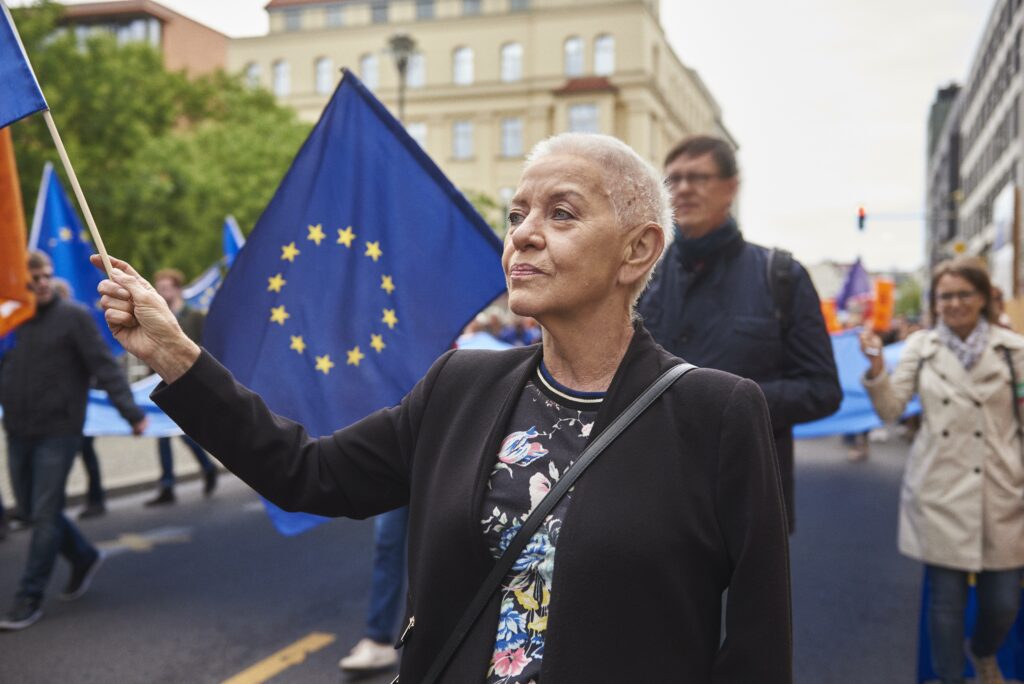WARNING: unbalanced footnote start tag short code found.
If this warning is irrelevant, please disable the syntax validation feature in the dashboard under General settings > Footnote start and end short codes > Check for balanced shortcodes.
Unbalanced start tag short code found before:
“European Parliament, Post-election survey 2014. European elections.]. Cette faible participation mine ainsi la légitimité du Parlement, qui en même temps est critiqué pour son absence de reddition des comptes (elle-même due au manque de lien direct entre les députés et leurs électeurs). D�…”
Two months before the European elections, several questions spontaneously emerge: how will European voters shape the new European Parliament, which will represent them over the next 5 years? Will many of them participate in the vote? Or will abstentionism win this time again? And finally, can we still consider elections as the fundamental instrument of European democracy?








